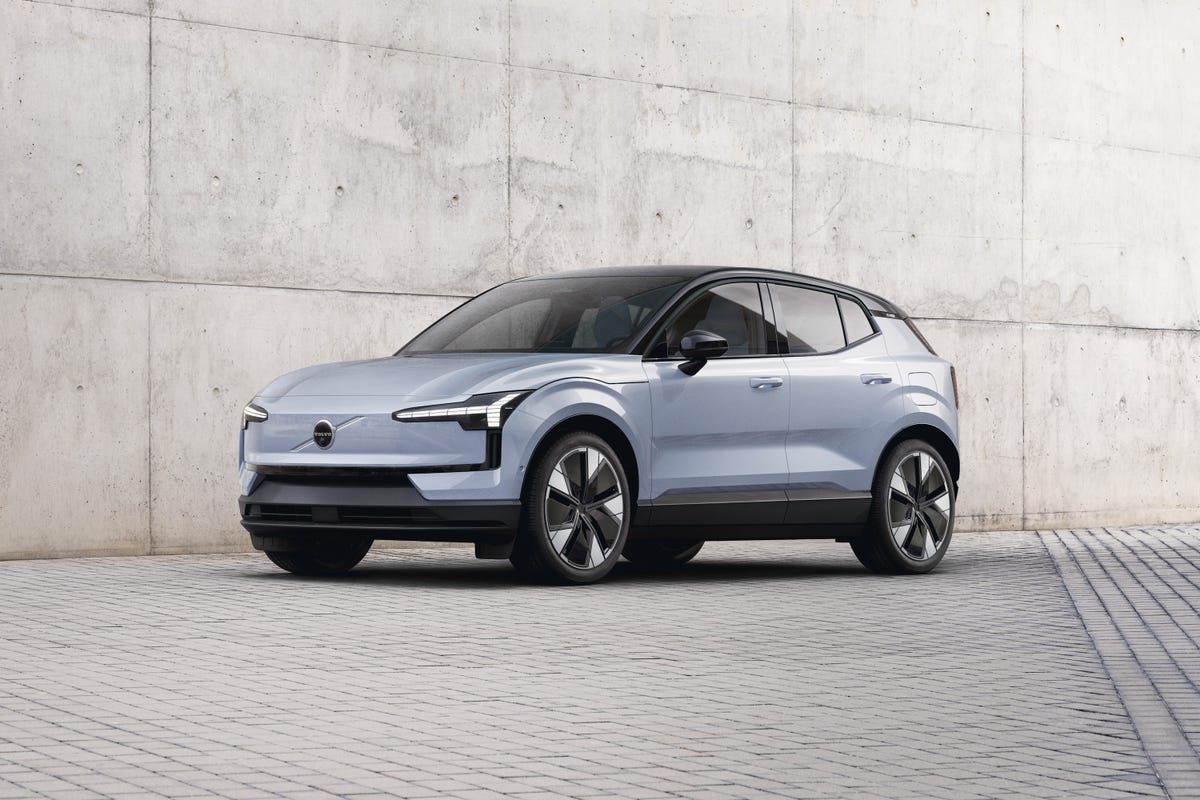Pulse of Information
Your source for the latest insights and updates.
Charged Up and Ready to Roll: Why Electric Cars are the Future
Discover why electric cars are revolutionizing the road and why you should join the charge toward a cleaner, smarter future!
The Rise of Electric Vehicles: How They're Changing the Automotive Landscape
The rise of electric vehicles (EVs) marks a pivotal transformation in the automotive landscape. As global awareness of climate change intensifies, consumers and manufacturers are increasingly focusing on sustainable alternatives to traditional gasoline-powered cars. In recent years, several key advancements have accelerated the adoption of EVs, including improvements in battery technology, charging infrastructure, and government incentives. According to industry reports, the percentage of new car sales represented by EVs is set to triple by 2025, fundamentally altering how we view personal transportation.
Moreover, the shift towards electric vehicles isn't just about environmental benefits; it's also reshaping the entire automotive industry. Major automakers are reallocating resources and investing billions into electric vehicle development, which fosters innovation and competition. As a result, we are witnessing a shift in consumer preferences, with many drivers reporting that they prioritize EVs due to their lower operating costs and performance benefits. This shift could lead to a new era of vehicles that not only reduce carbon footprints but also enhance the driving experience.

5 Common Myths About Electric Cars Debunked
Electric cars are often surrounded by misconceptions that can lead to confusion and hesitation for potential buyers. One of the most prevalent myths is that electric vehicles (EVs) have a limited range and cannot be used for long-distance travel. In reality, many modern electric cars now offer ranges of over 200 miles on a single charge, with some models reaching up to 400 miles. Additionally, the growing network of charging stations ensures that long trips can be easily accomplished, making the idea of being stranded without power a thing of the past.
Another common myth is that electric cars are significantly more expensive to maintain than traditional gasoline vehicles. However, it turns out that EVs have fewer moving parts, which typically results in lower maintenance costs over time. For example, electric cars do not require oil changes, and brake wear is reduced due to regenerative braking. As a result, owning an electric vehicle can be more economical than many consumers realize, making them an attractive choice for budget-conscious drivers.
What You Need to Know About Charging Infrastructure for Electric Vehicles
As the adoption of electric vehicles (EVs) continues to grow, understanding the charging infrastructure that supports these cars is essential for both current and potential EV owners. Charging infrastructure refers to the network of stations and equipment necessary to charge electric vehicles, which can vary widely in terms of accessibility, speed, and technology. In general, there are three main types of charging: Level 1, Level 2, and DC fast charging. Level 1 chargers are standard household outlets that provide a slow charge, making them suitable for overnight charging, whereas Level 2 chargers are commonly found in public locations and deliver a quicker charge. DC fast chargers, on the other hand, are designed for rapid replenishment, allowing drivers to charge their vehicles in less than an hour.
When it comes to planning for charging your electric vehicle, it’s crucial to consider the availability of charging stations and how they fit into your daily routine. Charging infrastructure can greatly influence the practicality of owning an EV, especially as you might need to rely on public stations during longer trips. Many smartphone apps and websites can help locate nearby charging stations, providing real-time information about their availability and charging speeds. Furthermore, local governments and private companies are increasingly investing in expanding charging networks, ensuring that more people have access to the resources they need to conveniently charge their electric vehicles. Understanding these elements not only enhances your EV experience but also plays a crucial role in the transition towards sustainable transportation.